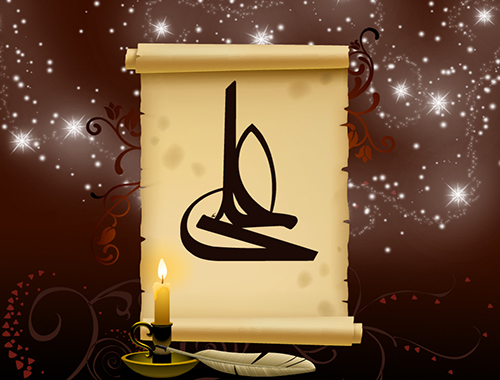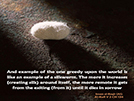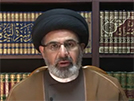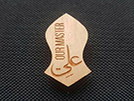Iman
- Details
- Hits: 2082
Iman
Iman is an Arabic word which has been naturalized in many Muslim lands, where it is commonly understood. All those whose mother tongue is Persian, Turkish, Swahili or Urdu are more or less familiar with it. Though in English the words, like faith, belief and trust are also used in the same sense, neither of them is fully synonymous with iman which is commonly used and generally understood. To make its sense clear, we cite here a few examples:
When we have full trust in the integrity of a person and unhesitatingly rely on him, we say that we have iman in him. Similarly when we believe fully in the veracity of a statement, we say that we have iman in it. If we have a firmly founded faith in an intellectual system or `ideology' and feel such an ardent attachment and zeal for it that we spontaneously make it the basis of our activities and life with perfect peace of mind, inclination and fervour and establish the programme of our activities and life on it, we say that we have iman in that `ideology'.
These examples show that iman means firm faith and complete trust in a subject, an idea, a doctrine etc.
The antonyms of iman are doubt, reluctance and indecision. The doubt may be in respect of a person, a point or a doctrine. It may be fifty per cent either way. It is also possible that it may be accompanied by a shortlived optimism or pessimism. However, in any case, its natural result is distrust. Even when doubt is accompanied by optimism it is not possible to attach oneself to and believe in a person or an ideology, especially in cases where it is necessary, in pursuance of such an attachment, that one should make a practical stand in the face of real or potential dangers and should show perseverance.
Now let us look minutely at the life of man in order to find out what is the role of iman in our modern life, let alone the olden times.
But from which point should we start our study? Should we do so from the exciting scenes of the heroic struggle of the under‑privileged but faithful people who fight for acquiring their human rights or from a comparatively tranquil area, for example from the warm atmosphere of the life of a family or a school? In our view it would be better to study the question at several stages, so that we may reach the depth of the matter.











